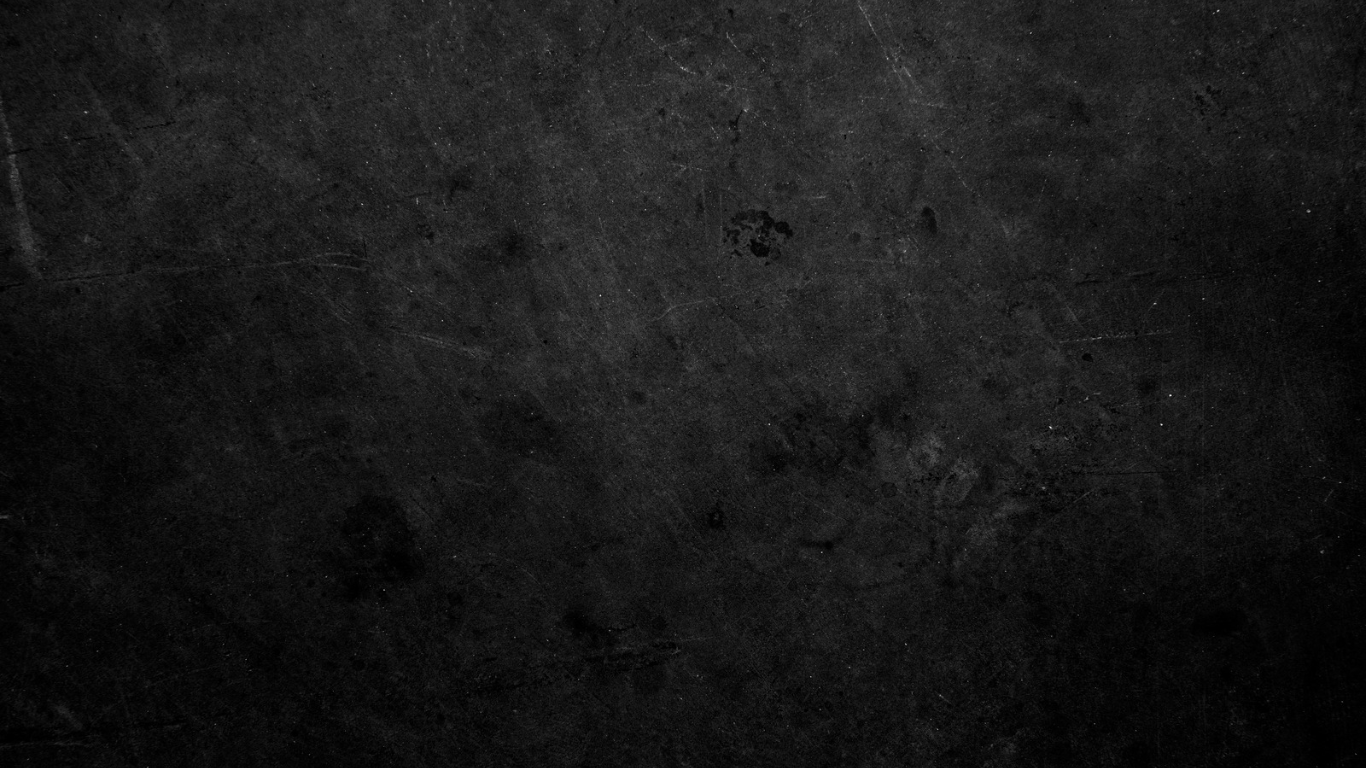
MEASURING PROGRESS
Measuring progress is a very personal thing.
For someone, progress may be seeing changes in the mirror. For someone else it may be seeing their numbers go up on their lifts, or feeling stronger in their day-to-day life. For someone else, it may be eating vegetables more consistently.
You get the idea!
However, you must have an objective way of measuring progress.
This is because we all have bad days, and on those bad days our brain will do everything within its power to convince us that we’re failing.
Data gives us an unbiased view of what is going on with our bodies
Ultimately, what you decided to measure is up to you, but it should align with what your goal is.
**Note: If your goal is fat loss then what you see in the mirror is not a good way of judging progress as your view of yourself is coloured by a multitude of different things.
Top tip: It’s all just data!
Any data you gather is not a reflection of your worth as a human being.
Think of it like tracking your finances. You don’t pass moral judgment on those, so why do it with your body?
Below are a few options:
Non-negotiables
Most importantly, your non-negotiables.
These are also what we call our “process goals”.
These are the key things I will have set you that will get you closer to your goal.
If you manage to hit all of these then you have had a successful week irrespective of what the scales or your brain says!
Progress Photos
If your goal is body recomposition (fat loss and muscle gain) then I would like you to do these!
No one has to see these. I won’t look at them if you don’t want me to, but I need you to take them. They are so motivating to look back on and months down the line you will wish you had taken some!
- Take 3 photos – front, side and back.
- Take them in similar clothes each time (minimal), same lighting, same location and same time of day if possible
- Take these every two to four weeks
Measurements
These are another great thing to track if body recomposition is your goal.
Body part measurements can be more useful than something like scale weight to some people.
If you’re using these, then some key parts to measure are: waist, arms and thighs.
Scale weight
The scales are not a great measure of acute changes in body recomposition, but they can show trends over time.
If you are going to weigh yourself, here are a few tips:
- Stay consistent. Ideally weigh yourself first thing in the morning before you eat or drink anything, without clothes on and every day. Then take your lowest weight that week and use that
- You can weigh yourself once every week, but it will be less accurate
- The scale weight will always fluctuate even if you are losing body fat
If you have an emotional attachment to the scales, then please let me know and we will decide whether we use it or not. If it’s something you feel too strongly attached to then we simply won’t use it.
How you look, feel and perform are way more important than how much you weigh.
For more detail on why the scale weight isn’t all it’s cracked up to be, I recorded a podcast episode going through this very topic:
Performance markers
Performance goals are great. These could be things like getting your first pushup or pullup, or increasing your strength.